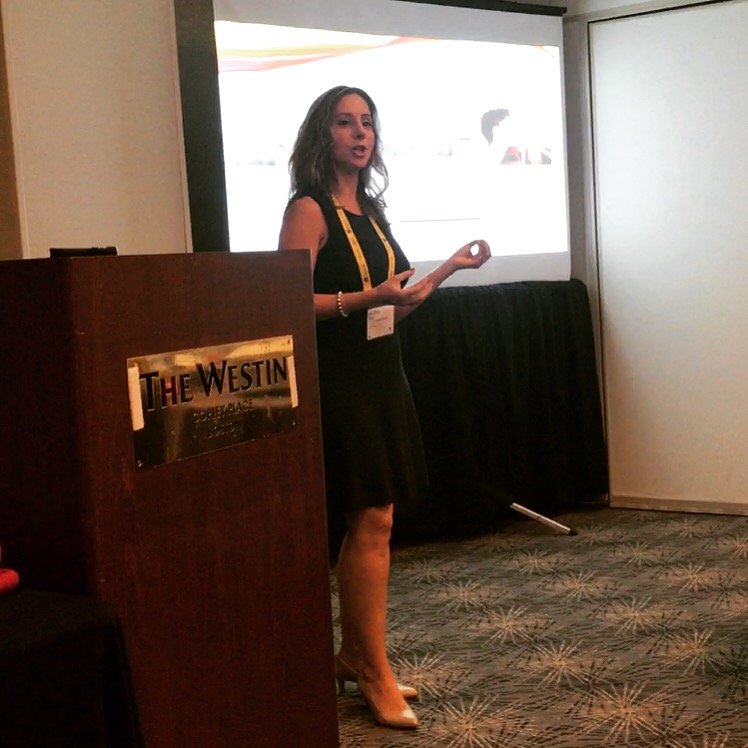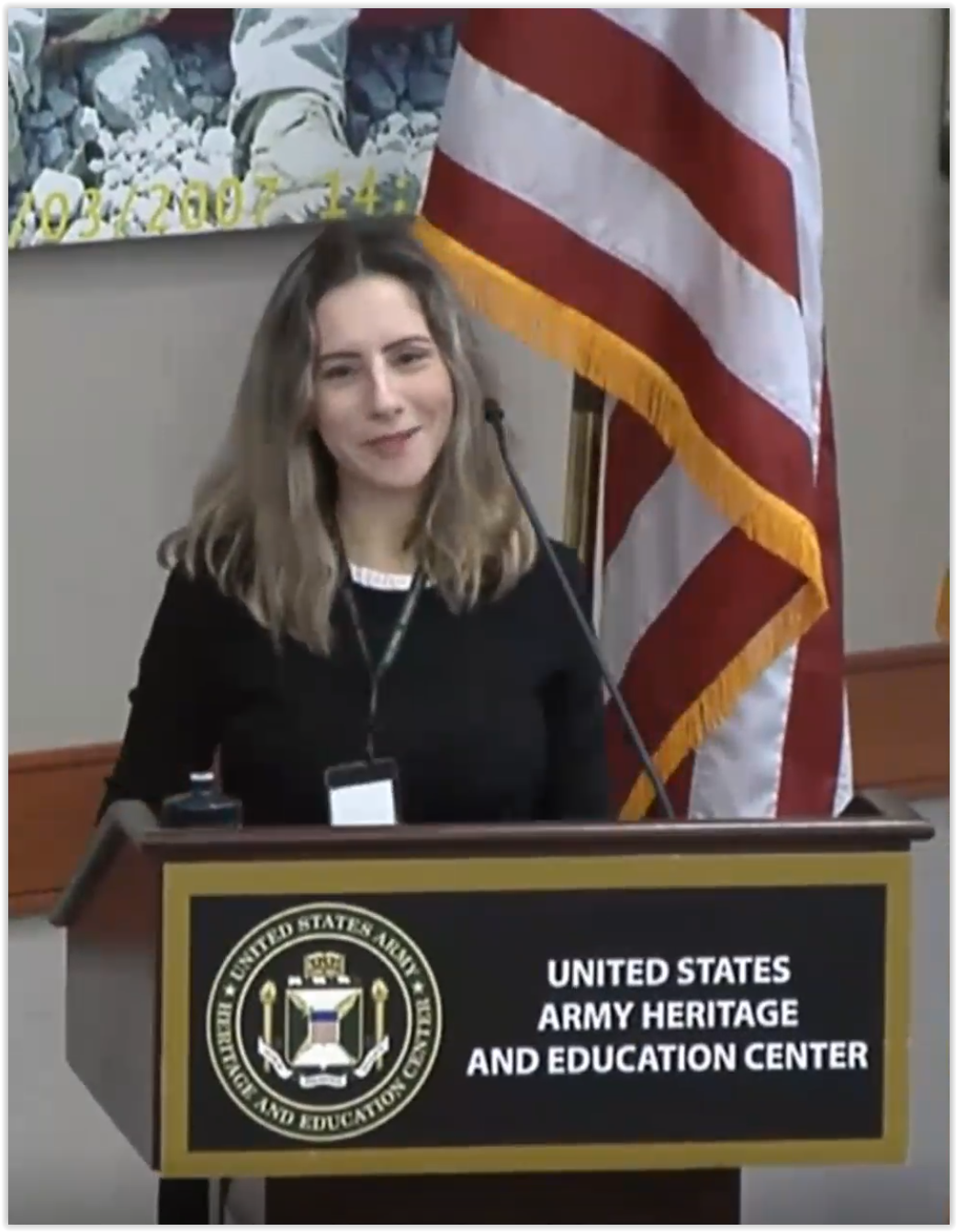What chatGPT Can’t Tell You
I used to proudly add a disclaimer to my posts: "This blog post was written without the assistance of chatGPT, for better or for worse". Then, after putting several potential blog prompts into chatGPT, I saw that it did a decent job; although the writing was not particularly deep, and there were some hiccups (such as the misuse of the term "objective"), overall, the write-up was not wrong and brought up great points.
Why and when should we spend hours on writing something that chatGPT can write in seconds? When nuanced understanding matters. When authenticity of the sentiment matters. When trust in the credibility of the source matters.
What can I share with you and teach that AI like chatGPT can't?
1) Strategy during uncertainty: how to think of uncertainty since we have to be in it all the time, how to quickly assess the situation when the context is changing, how to see red flags early, and adjust strategy depending on the changes. I can't tell you this in a short blog post, but I can in a series of coaching sessions, workshops and consulting engagements.
ChatGPT suggests flexibility for dealing with uncertainty: "It's important to have a flexible strategy that can be adapted quickly as circumstances change. This means being open to new information and adjusting your plans as needed." This is an excellent point. However, it can't teach you in bullet points how to have a flexible strategy, how to adapt quickly, in which direction to adapt, how to be open to new information, to what type of information to be open, and how to adjust your plan, let alone knowing when the adjustment needed.
2) Noticing red flags: knowing as early as possible when things are no longer 'business as usual', by engaging intellectual, emotional, and physical capacities, by both sensing and analyzing. Mastering this will take time and practice: conversations, demonstrations, experiments, and feedback.
ChatGPT chimes in on noticing red flags: "If something doesn't feel right or seems too good to be true, it's important to listen to your instincts and investigate further." Again, excellet point. But just reading this point does not give anyone an understanding or the skills for doing what chatGPT suggests. How would one reliably know when something "feels right"? What does it really mean to listen to the feeling of "something is off"? What is it that one is supposed to investigate further? Investigate how? And do what with it?
3) Wayfinding. Wayfinding is 'knowing as we go, rather than before we go', it is about simultaneously learning the way, understanding the destination, and changing course as we are learning. In certain contexts of uncertainty, navigation (i.e. going from point A to point B via a known route) is simply impossible; wayfinding takes a different skill set and mentality than navigation. Wayfinding is an essential, legitimate and dominant strategy in uncertainty. I can help you become a stronger wayfinder through coaching, workshops, or consulting engagements, but not in 3, 5, 10 bullet-points.
ChatGPT suggests embracing experimentation for becoming a better wayfinder: "Experimentation involves trying out new ideas and approaches, and being willing to learn from failure. This can help you discover new solutions and approaches to complex problems." Fantastic point. Now, try to implement this in a highly hierarchical organization, or in the industry with strict protocols for every step...
ChatGPT can share simple steps for boiling an egg, but not simple steps for becoming a Michelin star chef (or simply a decent chef, for that matter), because meaningful transformations, achievements and experiences do not consist of simple steps. One cannot achieve mastery, experience fulfillment, or create something outstanding through "a series of simple steps", even if these steps seem simple.
Will consultants, teachers, and grandmasters in various fields become obsolete, now that AI is becoming so omni-capable (or at least, seemingly so)?
I predict that those who offer "5-step solution", "3 bullet point take-away", or "one simple strategy" will soon be out of a job. Consultants with deep expertise, teachers who are knowledgeable and passionate about their area of study, and true grandmasters don't work like this, so we are here to stay.
With gratitude,
Alina
Dr Alina Bas, Strategy Consultant & Executive Coach
Strategy for advancing during uncertainty.
http://AlinaBas.com
NEWS AND UPDATES
***
I am experimenting with this idea: https://www.buymeacoffee.com/alinabas If you have been enjoying my posts over the years, if they make you think differently, try something new, if you've had interesting conversations based on what I've shared with you - this is super exciting to me. And if you feel like showing some love, you may experiment with that link as well. (Or just send me a quick note and share what ideas resonate with you most.) And if it's time for us to have a call, than this is the right link: https://www.alinabas.com/schedule
***
My PhD is finally fully completed and official! It is a degree on Strategy, specializing in ‘strategy for advancing under the conditions of uncertainty’, from the Management Science Department of the University of Strathclyde Business School. I am looking for teaching, consulting, or research opportunities in the areas of Strategy, Organizational Behavior, or Leadership in NYC area or remotely. If you can help me connect with the right people or opportunities, I would be most thankful.
***
I recently presented on “Understanding Extreme Context” at the U.S. Army War College Strategic Leadership Development Forum, together with my academic advisor Dr Viktor Dörfler, and here is the link to the talk. Our talk is first one, it’s under 20 minutes. Please, let me know if your team or organization would like to discuss preparing for, and being in, extreme context.
NEWSLETTER
Did a friend share this with you? Please sign up for my newsletter and get your own free monthly-ish idea boost. Let's stay connected!
*****
RECENT ARTICLES
Do one thing (and Birthday shenanigans)
Tiny interactions, huge impact
How to talk to a person in crisis
Brilliant and underutilized: The Marvin syndrome
Will you call?
Our New York Love Story
Vonnegut's Take on Your Career
Harmony in Your Life
More Than it Seems
Stay Afloat in Uncertainty
How to Not Go Crazy This Winter
Sensing the Unknown
A Case of Exploding Eggs
Are You Wearing Pants?
What’s Not Broken



